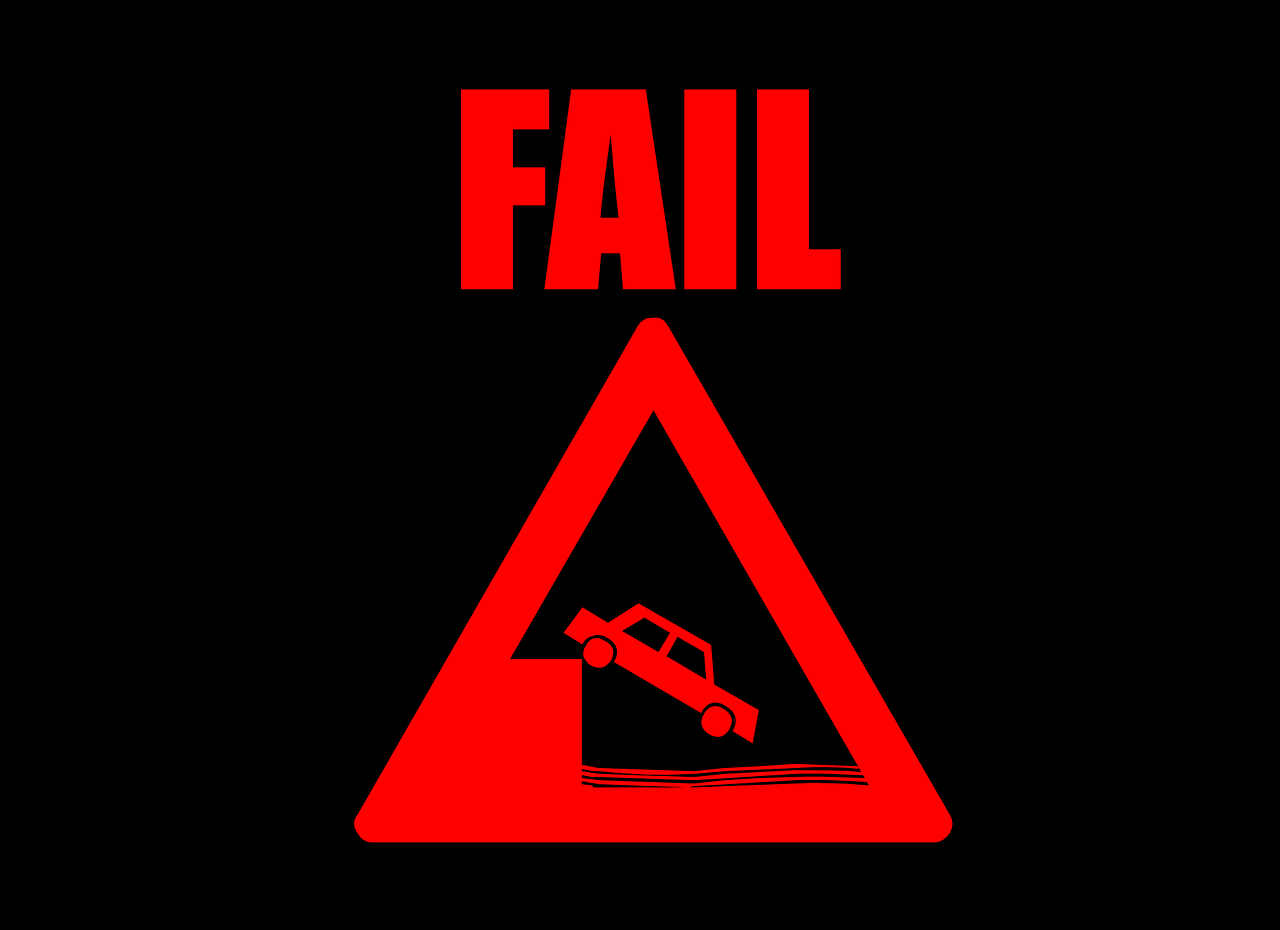Title: The Application of PLC Controller in Electronic Balance System
PLC controllers are commonly used in electronic balance systems to provide precision and efficiency in weighing operations. By integrating PLC technology into the balance system, it is possible to achieve high-speed data processing, accurate weighing results, and increased system reliability. PLC controllers enable the balance system to operate with a high level of automation, reducing the need for manual intervention and increasing productivity. Additionally, PLC controllers provide flexible and efficient control solutions, allowing for easy integration with other equipment and systems in the weighing process. In conclusion, the application of PLC controllers in electronic balance systems offers significant advantages in precision, efficiency, and automation, making them an essential component in modern weighing operations.
Electronic balances, also known as electronic scales, are precision instruments that measure the mass of an object. They are widely used in various fields, such as laboratories, factories, and even in our daily lives. With the development of technology, electronic balances are becoming more and more intelligent, and one of the most significant advancements is the integration of PLC (Programmable Logic Controller) technology.
PLC controllers are digital computers that are designed to automatically control machines or processes. They are programmed to monitor and control the inputs and outputs of a system, ensuring that it operates according to a set of predefined rules or algorithms. In the case of electronic balance systems, PLC controllers can be used to enhance the precision and efficiency of the system.
Firstly, PLC controllers can be connected to electronic balances to improve their measurement accuracy. By monitoring the system inputs and outputs in real-time, PLC controllers can identify and correct any deviations from the desired measurement value. This ensures that the balance system always provides reliable and accurate measurements.
Secondly, PLC controllers can also be used to enhance the efficiency of electronic balance systems. They can automate the process of calibration and adjustment, reducing the need for manual intervention. This not only improves the speed of measurement but also reduces the potential for human error.

Thirdly, PLC controllers provide more advanced features in electronic balance systems. For example, they can enable the system to perform complex tasks such as data logging, trend analysis, and even remote monitoring. These features provide users with more insights into the performance of their balance system, allowing them to make better decisions based on the collected data.
However, it is important to note that the integration of PLC controllers in electronic balance systems does come with some challenges. One of the main challenges is ensuring that the system is reliable and stable. PLC controllers are complex pieces of technology, and there is always the potential for software errors or hardware failures to occur. Therefore, it is essential to conduct thorough testing and validation to ensure that the system performs as expected.
Another challenge is ensuring that the system is user-friendly. While PLC controllers provide a high level of functionality and flexibility, they also require a certain level of technical expertise to operate effectively. Therefore, it is important to design user interfaces that are intuitive and easy to use, reducing the learning curve for new users.
In conclusion, the integration of PLC controllers in electronic balance systems provides significant advantages in terms of precision, efficiency, and functionality. However, it is essential to address the challenges of reliability, stability, and user-friendliness to ensure that these systems are truly beneficial in practical applications.
Articles related to the knowledge points of this article:
Tower Crane PLC Controller Loss
The Replacement of PLC by Motion Controllers
Computer PLC Controller Drivers
Computer PLC Controller Software: The Heart of Modern Automation
DCS Controller and PLC: Understanding the Differences and Similarities